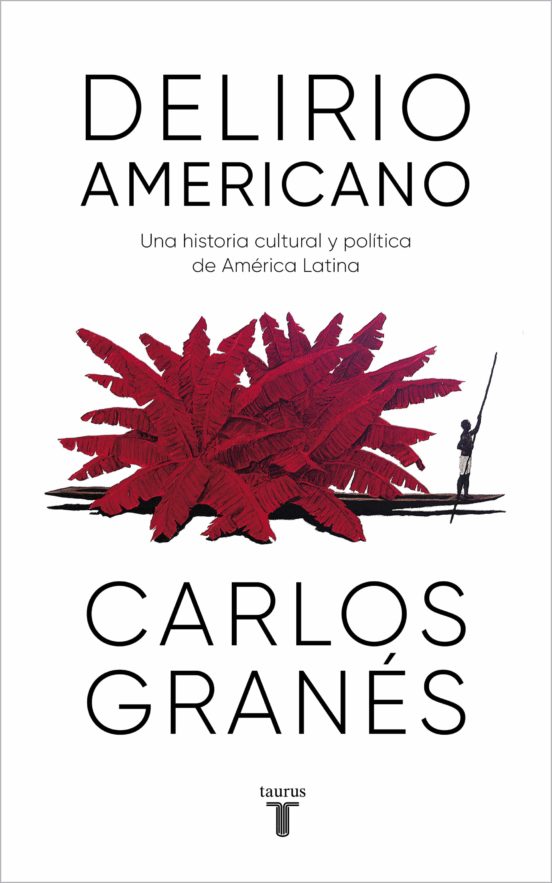
Should Latin America assume some responsibility?
In his new book, 'Delirio Americano,' Colombian essayist Carlos Granés analyzes the intellectual and political reality of Latin America in the 20th century.
Considered one of Latin America's best essayists, Carlos Granés just published Delirio Americano, a profound analysis of Latin America's cultural and political experience with the idea that the continent should assume some responsibility and not look for culprits elsewhere.
The first thing he does is to point the finger at Latin American intellectuals and writers, because, in his opinion, they despised liberal democracies and got too close to national-populist movements of an authoritarian nature, starting with Perón's populism in Argentina in the 1930s.
"The drama of Latin America is that intellectuals despised liberal democracies," explained Granés in an interview with the online media outlet Crónica Global.
The author explains that in 1900, with the United States as a great country with a great influence on the continent, there were writers like José Enrique Rodó, "an Uruguayan, a good writer, who differentiates between the Saxon and the Latin American. And he identifies the Saxon with liberal democracy. And Latin America must do something else, liberal democracy is not an option and different government experiments are looked at. That is the key," he said.
That is why models like the PRI in Mexico emerge, "which is something typically Latin, a kind of enlightened despotism. There is no king, but the president of the day can do whatever he wants. You can't dissent from power. It is a trend in Latin America."
RELATED CONTENT
Granés also dares to criticize greats such as Gabriel García Márquez.
"On a literary level, García Márquez is unquestionable. On the political level, however, he embodied a typically Latin American problem, at least of Latin Americans in the 70s and 80s: he despised government and applauded power. And that was what he recommended to the left," he said in another interview with Heraldo de Aragón. "Not that he aspired to reach governments, but that he aspired to gain power. That way of understanding politics inevitably antagonized him, inevitably, with the democratic option, which means governing without having the monopoly of power."

From the first claims of a Latin America with its own identity by poets and essayists, the rise of Communism and Latin American fascism and the eruption of populism to the hangover of the boom, the new tensions between the local and global and the death of Fidel Castro in 2016, the book traces the role of ideas and the arts in the invention of Latin America and in the construction of national identities during dictatorships and revolutions.
Granés brilliantly accounts for the influence of surrealism, whose decisive impact was also political, as it gave rise to an individualistic, libertarian and imaginative alternative to totalitarian ideologies and populism that would derive into heterodox leftism and liberalism. Delirio Americano broadens the reader's gaze on a continent whose history and destiny affect political and cultural practices throughout the West.












LEAVE A COMMENT: